Building a Resilient Cloud Ecosystem for Self-Sovereign Identity (SSI)
A cloud ecosystem rooted in Self-Sovereign Identity (SSI) resilient to digital authoritarianism, the infrastructure and services must prioritize user autonomy, privacy, and decentralized control.
Here are the essential components it would need:
Decentralized Identity Management System
Cryptographic Security:
Strong cryptographic standards would ensure that only the identity owner can control access to their data. For example, zero-knowledge proofs allow verification of credentials without revealing underlying personal information, preserving privacy even when proof of identity is required.
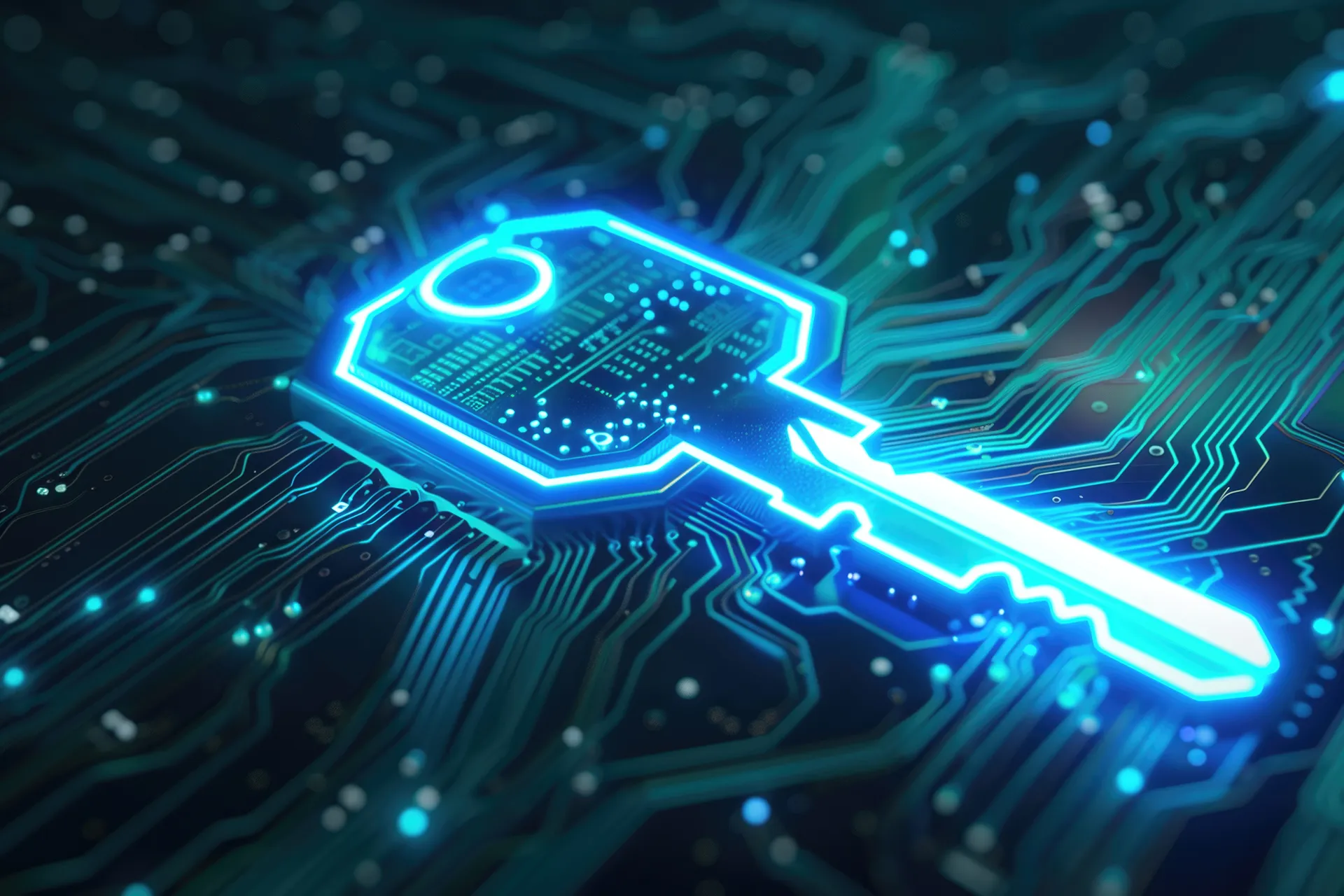
Self-Sovereign Identity Framework:
This system would use decentralized identifiers (DIDs) and verifiable credentials (VCs) to empower individuals to manage their identities independently. Users could store and share identity credentials without involving a centralized authority, using blockchain or Distributed Ledger Technology (DLT) for transparency and security.
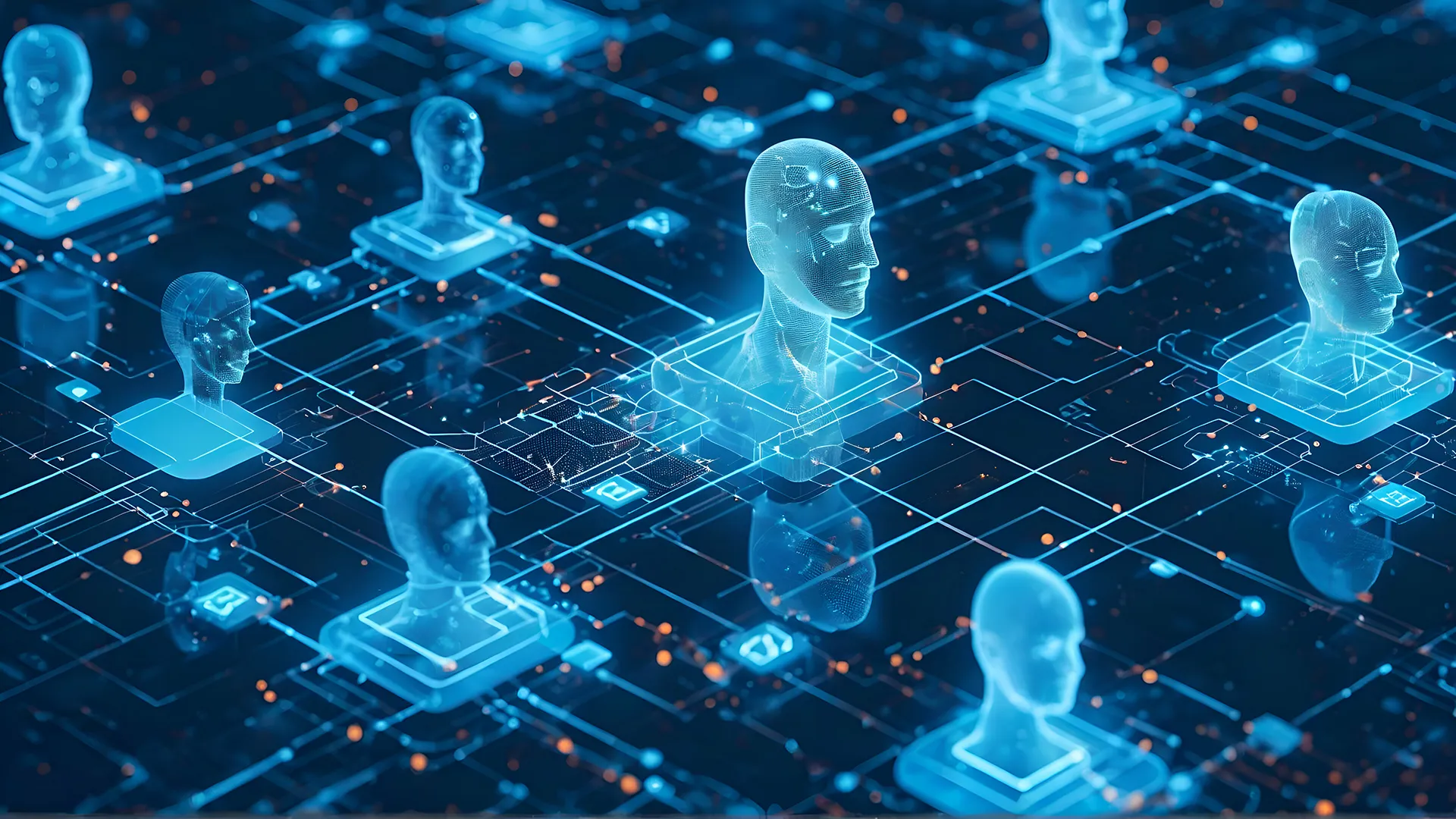
Distributed Data Storage
Decentralized Storage Solutions:
Instead of central servers, data would be distributed across a network using platforms like IPFS (InterPlanetary File System) or other peer-to-peer storage systems. This distribution would prevent any single entity from monopolizing user data, aligning with the principles of digital sovereignty and resilience to censorship.

Edge Computing and Data Minimization:
Data processing would occur close to the source (the individual) with edge computing, reducing the need to centralize personal information. Data minimization ensures that only necessary data is processed, limiting the potential for misuse.

Privacy-Enhancing Technologies (PETs)
End-to-End Encryption: To protect communication and data exchanges, end-to-end encryption protocols are essential, allowing users to share data securely without fear of interception.
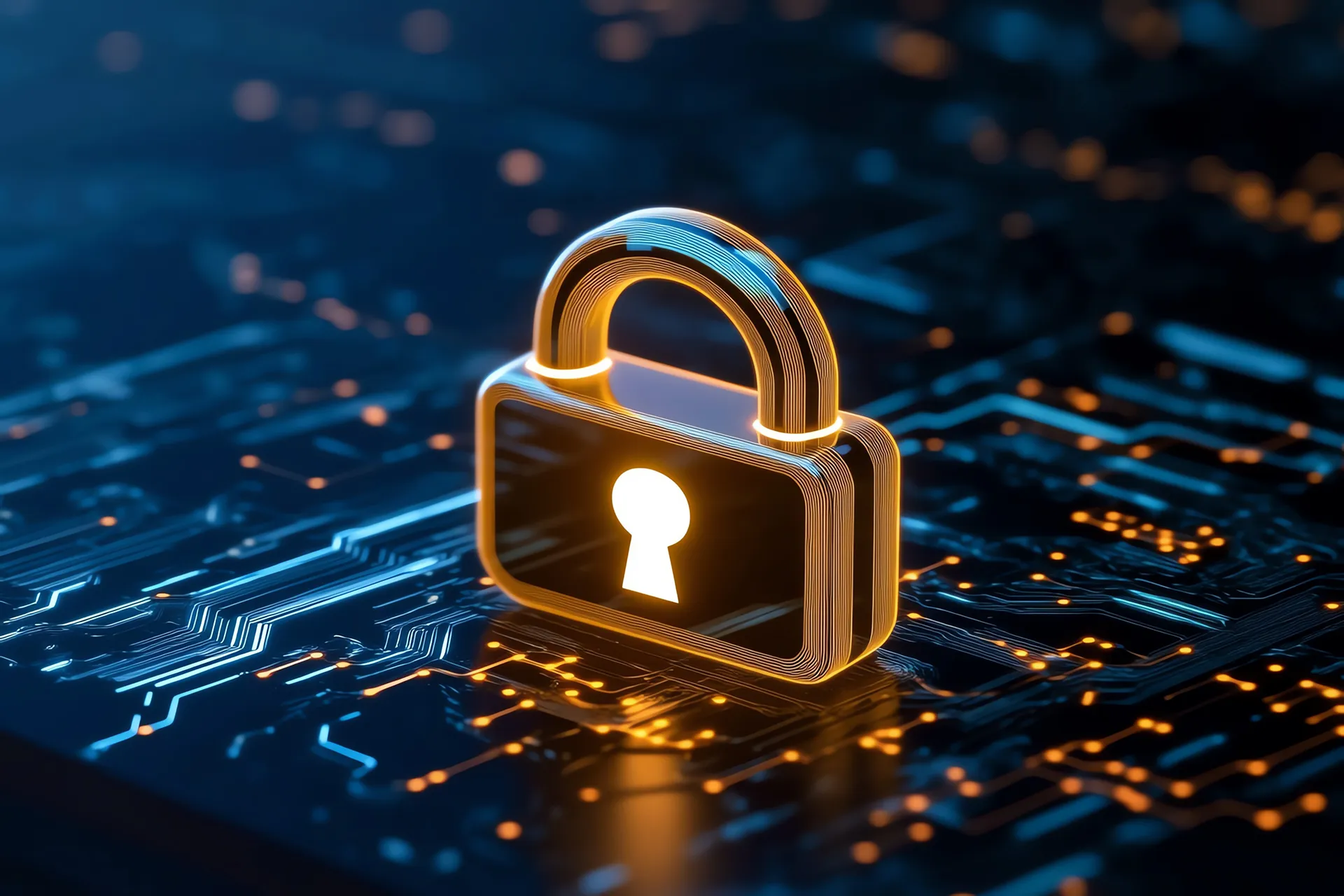
Confidential Computing: This would ensure that data remains encrypted even during processing, protecting it from unauthorized access. Confidential computing solutions could prevent cloud providers or third parties from accessing or manipulating user data.
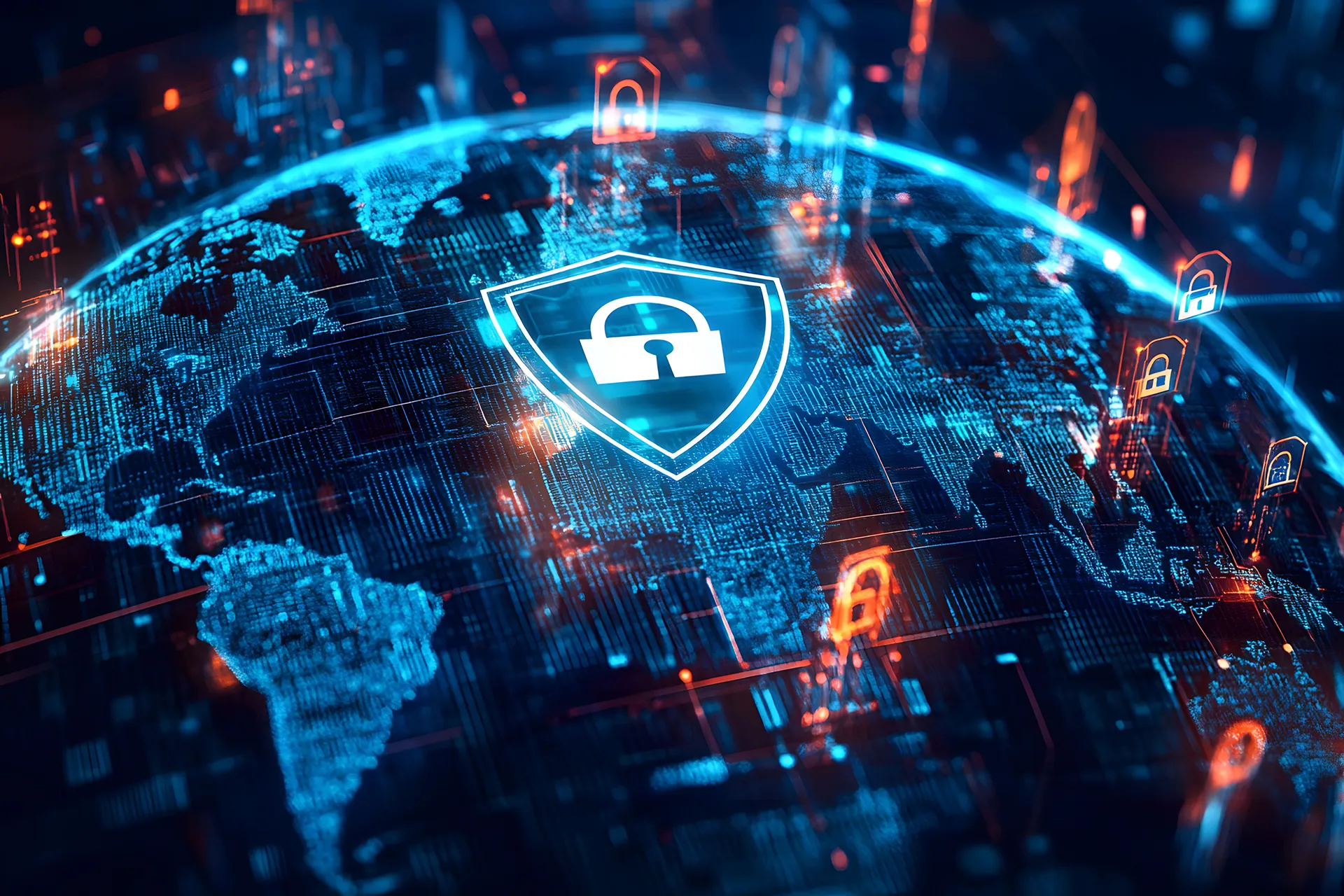
Federated Learning: For AI or machine learning applications, federated learning allows data to remain decentralized. Models are trained locally on individual devices without transferring raw data to a central server, enabling privacy-preserving AI capabilities.

Transparent Governance and Open-Source Standards
Open-Source Protocols and Codebases: Transparency in governance is key to preventing misuse and building trust. Open-source standards, governed by a transparent, community-driven model, would allow continuous public scrutiny to detect and prevent potential authoritarian misuse.

Decentralized Autonomous Organization (DAO) Governance: Using a DAO structure could enable users to participate in the decision-making processes around the infrastructure’s operation, allowing a more democratic and community-focused approach.
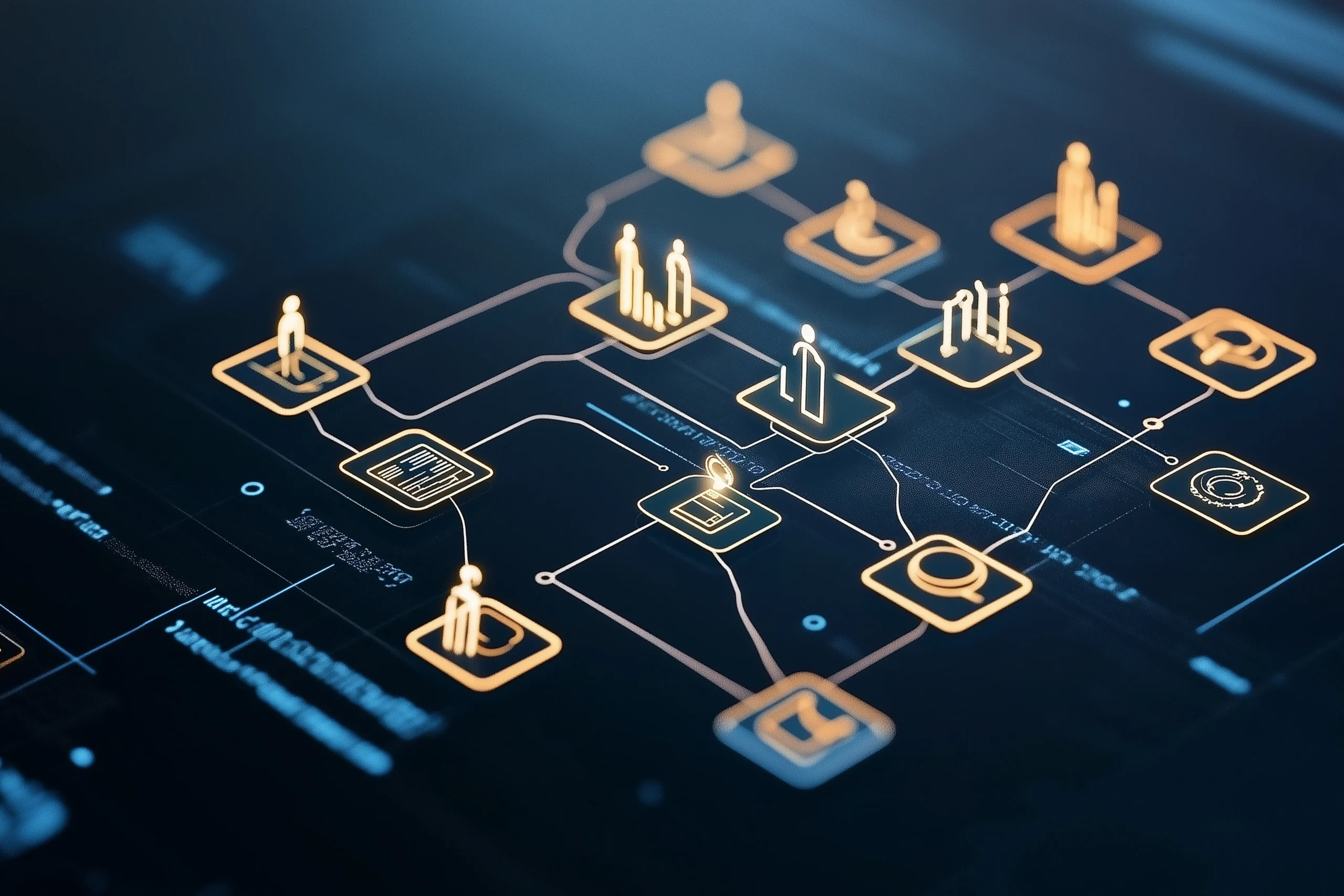
Digital Rights and Privacy Tools
Open-Source Protocols and Codebases: Transparency in governance is key to preventing misuse and building trust. Open-source standards, governed by a transparent, community-driven model, would allow continuous public scrutiny to detect and prevent potential authoritarian misuse.

Portable Access Controls: These tools would allow users to easily revoke, modify, or transfer permissions for data access across different services or applications, ensuring control over their digital footprint.

Interoperable Standards for Global Accessibility
Cross-Platform Interoperability: To enable global access, the cloud should support interoperable protocols, allowing users to use their credentials and identities across different ecosystems without being locked into a specific platform.
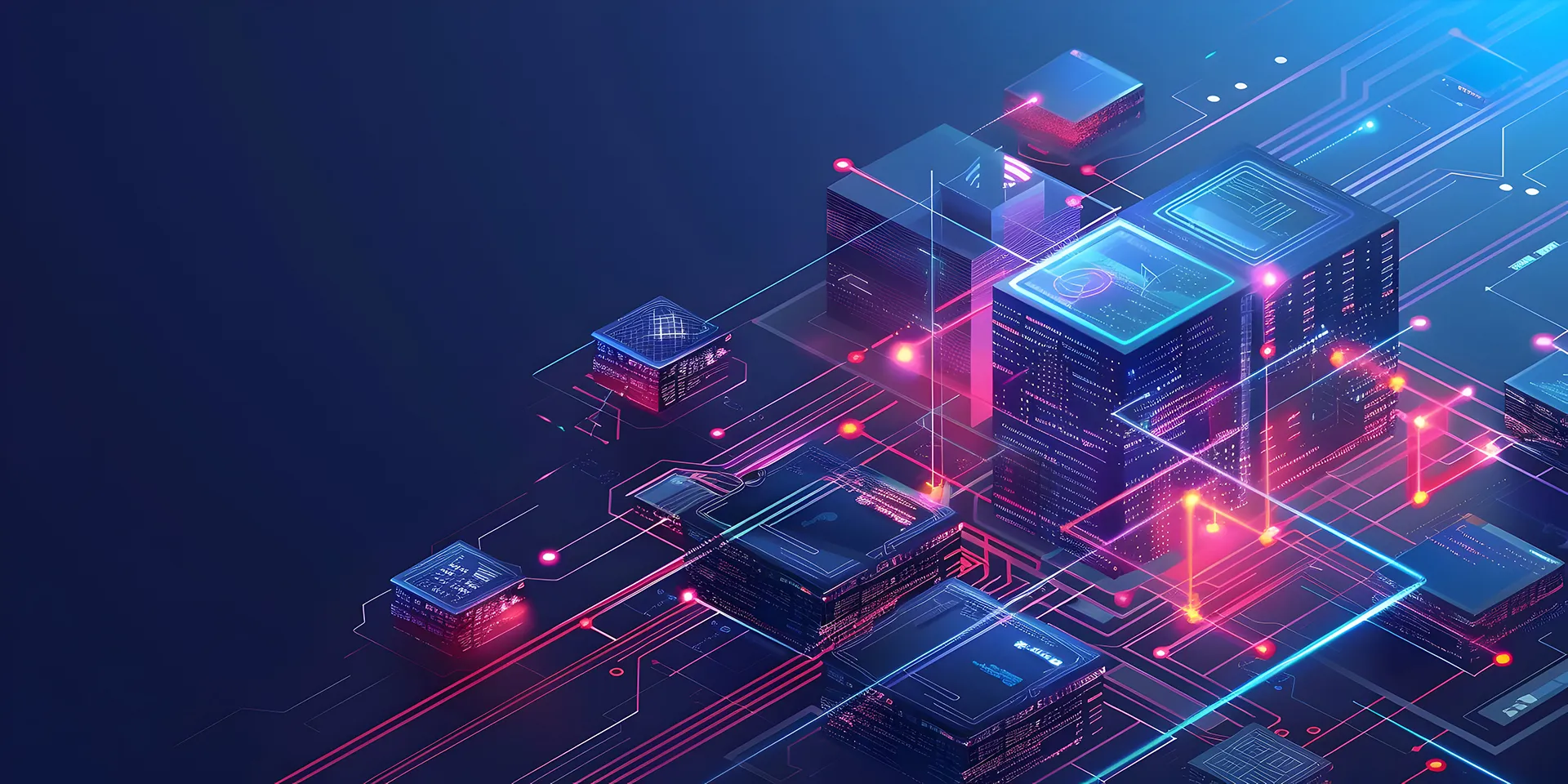
Multi-Language and Accessibility Support: Ensuring that the ecosystem is accessible in various languages and for users with disabilities ensures inclusivity and supports the broadest possible user base.

By creating a cloud environment built around these components, a Self-Sovereign Identity-enabled ecosystem could protect users from digital authoritarianism, giving individuals greater control over their personal data and digital lives while remaining secure, private, and transparent.
TheTrustCloud.org ©